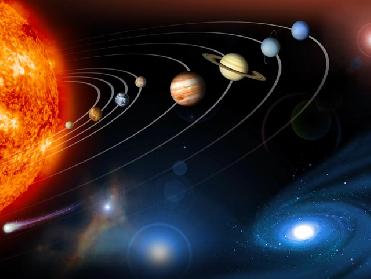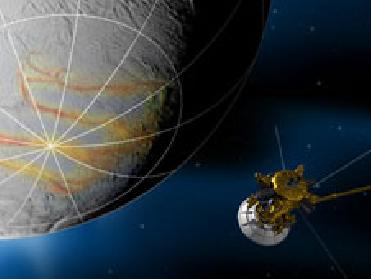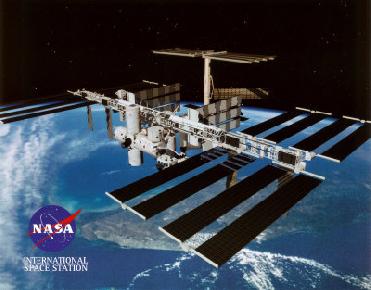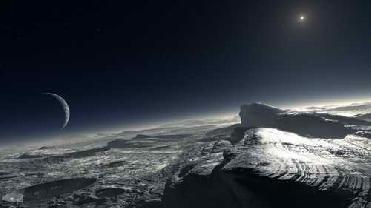
NEW YORK (BNS): The Planetary Science Institute director Mark Sykes will begin a three-day "Great Planet Debate: Science as a Process" on the new classification of the solar system devised by the International Astronomical Union (IAU).
In 2006, the IAU announced that there are only eight planets in our solar system, excluding several, including Pluto, and effectively slamming the door on future discoveries of planets beyond Neptune.
However, Sykes and astronomer Neil deGrasse Tyson, of the American Museum of Natural History, will now discuss the IAU's actions, the value of different planet definitions, and the place for Pluto and other objects in the solar system. The conference is taking place at the Johns Hopkins Applied Physics Laboratory near Columbia, Maryland.
Most of the conference will be webcast and the debate between Sykes and Tyson was scheduled to be webcast live from 4:30 to 5:45 p.m. (EDT) Thursday onwards, including questions from the audience and those online. See: http://gpd.jhuapl.edu/ for details.
For Saturday, an educator workshop is scheduled.
Sykes begs to differ by saying that the point of debate is not Pluto, but the public perception and understanding of science. Condemning the IAU action, Sykes said, "The IAU damaged the public perception of science by the high-profile spectacle of imposing, by vote, a controversial definition of a commonly used term. Too often, science is presented as lists of facts to be learned from authority, instead of the dynamic open-ended process that it really is. The IAU reinforced this misconception of science."
According to Sykes, in the solar system there would be 13 planets, although more may be found in the future beyond the orbit of Pluto. They are: Mercury, Venus, Earth, Mars, Ceres, Jupiter, Saturn, Uranus, Neptune, Pluto, Charon, Eris, and recently discovered Makemake. "Pluto and Charon would be considered a double planet because they both satisfy the criterion for being massive enough to be round, and orbit about a point in space between them as they orbit the Sun," Sykes said.
The scientist plans to discuss and debate all these in the science debate. "Science is dynamic. Science is argumentative. Science is continual testing and challenging. Science is not about something everyone has to memorise because some organisation has given it its blessing," he said, adding that scientific debate is a tool used to increase knowledge.
 Previous Article
Previous Article Next Article
Next Article










The Indian Air Force, in its flight trials evaluation report submitted before the Defence Ministry l..
view articleAn insight into the Medium Multi-Role Combat Aircraft competition...
view articleSky enthusiasts can now spot the International Space Station (ISS) commanded by Indian-American astr..
view article